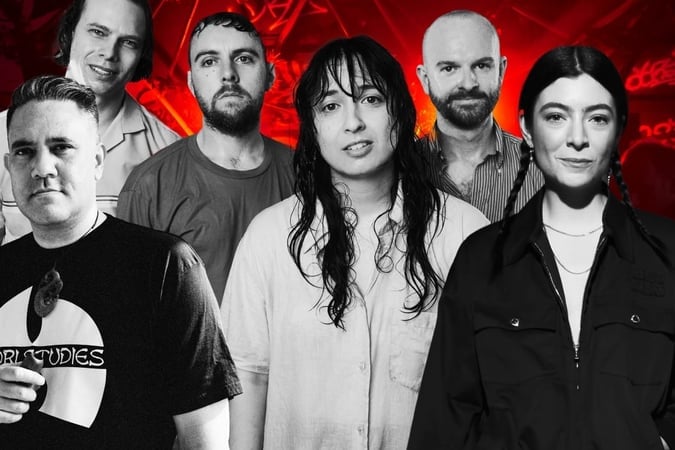The 80 Best New Zealand Albums of the 2020s So Far
Our countdown of the best New Zealand albums of the decade so far reflects the vastness of modern Aotearoa music, from major pop stars to underrated independent musicians

The first half of the 2020s has not been an easy time for artists. An unprecedented pandemic marked the beginning of the new decade, and with it came frightening uncertainty for an industry and its people already so used to a fragile existence. Times of strife, however, always birth great art. Despite not knowing if there was a viable future ahead, New Zealand musicians have spent the past five-and-a-bit years releasing career-best albums.
Fazerdaze and Home Brew returned, dropping comeback records that made it sound like they’d never been away; global exports like The Beths and BENEE made it to the next level; and Lorde, New Zealand’s biggest music star, released an album that served as a loving homage to her home country.
Considering the decade to date, our editorial team initially settled on a top 50 albums list, but we quickly realised that just wouldn’t be enough.
Below is our countdown of the 80 best New Zealand albums of the 2020s so far.
These records, we think, reflect the vastness of modern Aotearoa music, from major pop stars to underrated independent musicians. Many albums previously featured in our year-end lists (some moved up or down in our estimation — this is a subjective endeavour, remember), and there are plenty of new inclusions too. Our list has metal, power-pop, indie-folk, underground hip-hop, neo-soul, and dub records. We hope you find your new favourite local album below, or remember how much you love another one. —Conor Lochrie

































































